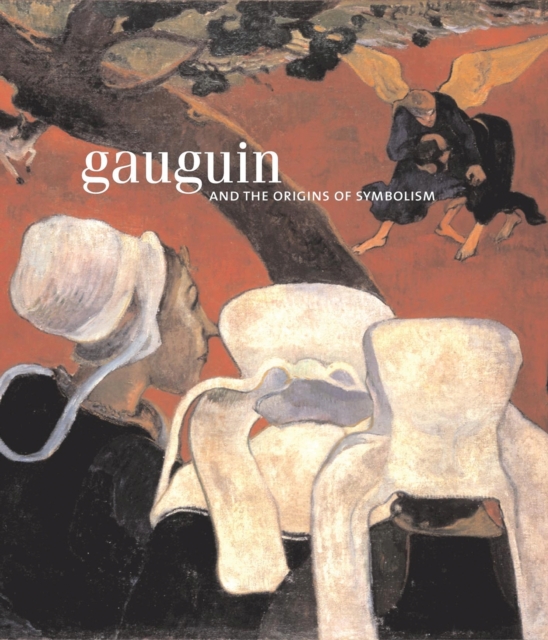
Gauguin : The Origins of Symbolism Hardback
by Richard Schiff, Richard R. Brettel, Guy Cogeval, Mary Ann Stevens, Lola Jiminez Blanco
Hardback
Description
Impressionist and Symbolist painter, Paul Gauguin became one of the major influences on the general non-naturalistic trends of twentieth-century art. Because of the romantic appeal of his life, and his willingness to sacrifice everything for his art, Gauguin has been with Van Gogh the most common subject for popular and fictional biography.
From the mid-1880s until his departure for Tahiti in 1891, Gauguin moved beyond Impressionism to become the leading figure of the Symbolist movement in painting.
This departure from Impressionism led him to question the entire 'naturalist' tradition of European art from the Renaissance onwards.
He sacrificed all of painting's descriptive devices in favour of line and flat colour.
His path towards Symbolism can also be characterised as a 'primitive' quest, developed both in iconography and style.
In the iconographic level, this tendency starts from the use of a number of pastoral themes representing scenes of rural life.
This spiritual return was accompanied by a stylistic regression, a leap from naturalism towards archaic modes of representation. This catalogue, which accompanies an exhibition at the Museo Thyssen-Bornemisza, Madrid (28 September 2004 - 9 January 2005), follows this process of regression through a series of encounters between Gauguin and his masters, his contemporaries and his pupils.
Information
-
Item not Available
- Format:Hardback
- Pages:400 pages, 240 colour & 30 b/w illustrations
- Publisher:Philip Wilson Publishers Ltd
- Publication Date:12/11/2004
- Category:
- ISBN:9780856675959
Information
-
Item not Available
- Format:Hardback
- Pages:400 pages, 240 colour & 30 b/w illustrations
- Publisher:Philip Wilson Publishers Ltd
- Publication Date:12/11/2004
- Category:
- ISBN:9780856675959






